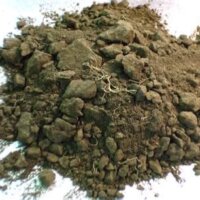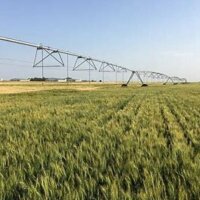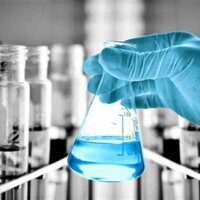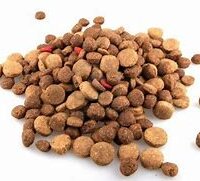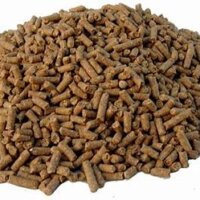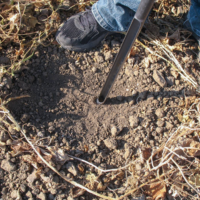PFL is pleased to offer economical analytical opportunities for our agricultural partners. If we can help you with something that is not on our lists please call! Also if our pricing does not meet your needs give our team a call to find out if we can help reduce your overall costs. We are committed to working with our customers.
Increased Cost of Fertilizers Mean Soil Analysis Is more Important than Ever!
Soil analysis is a fundamental agricultural analysis practice in agricultural production, providing critical insights into soil health and fertility. This process involves evaluating various soil components to guide fertilizer choices and optimize crop yields. Key nutrients analyzed include micro nutrients, ammonia, sulfur, nitrates, zinc, and phosphorus, each playing a vital role in plant development.
Micro nutrients, though required in smaller quantities, are essential for overall plant health and growth. Ammonia provides a readily available source of nitrogen, crucial for protein synthesis and vigorous plant growth. Sulfur is important for the formation of amino acids and enzymes, while nitrates, another form of nitrogen, promote leafy growth and overall plant vigor. Zinc supports enzyme activity and protein synthesis, and phosphorus is critical for energy transfer and root development.
The impact of these nutrients on crops is significant. Healthy root development, supported by adequate phosphorus, ensures efficient nutrient and water uptake. Balanced nutrient levels lead to robust plant growth, which is essential for high-yield crops like wheat, canola, legumes, and peas. For instance, wheat requires a balanced supply of nitrogen, phosphorus, and potassium to achieve optimal growth. Canola benefits from sulfur and nitrogen for oil production, while legumes and peas need phosphorus and potassium to support nitrogen fixation.
Soil analysis also plays a crucial role in producing high-quality animal feed. Nutrient-rich soil leads to nutrient-dense crops, which in turn enhance the quality of feed for livestock. This not only supports animal health but also contributes to the overall efficiency of agricultural production.
By tailoring fertilizer applications based on soil analysis, farmers can ensure that crops receive the necessary nutrients in the right amounts. This practice maximizes production, enhances crop quality, and supports sustainable farming by maintaining soil health and reducing environmental impact. Regular soil testing allows farmers to adapt to changing soil conditions, ultimately leading to more efficient and productive agricultural practices.

Did it get into the water? Yes we can help answer that question too.


